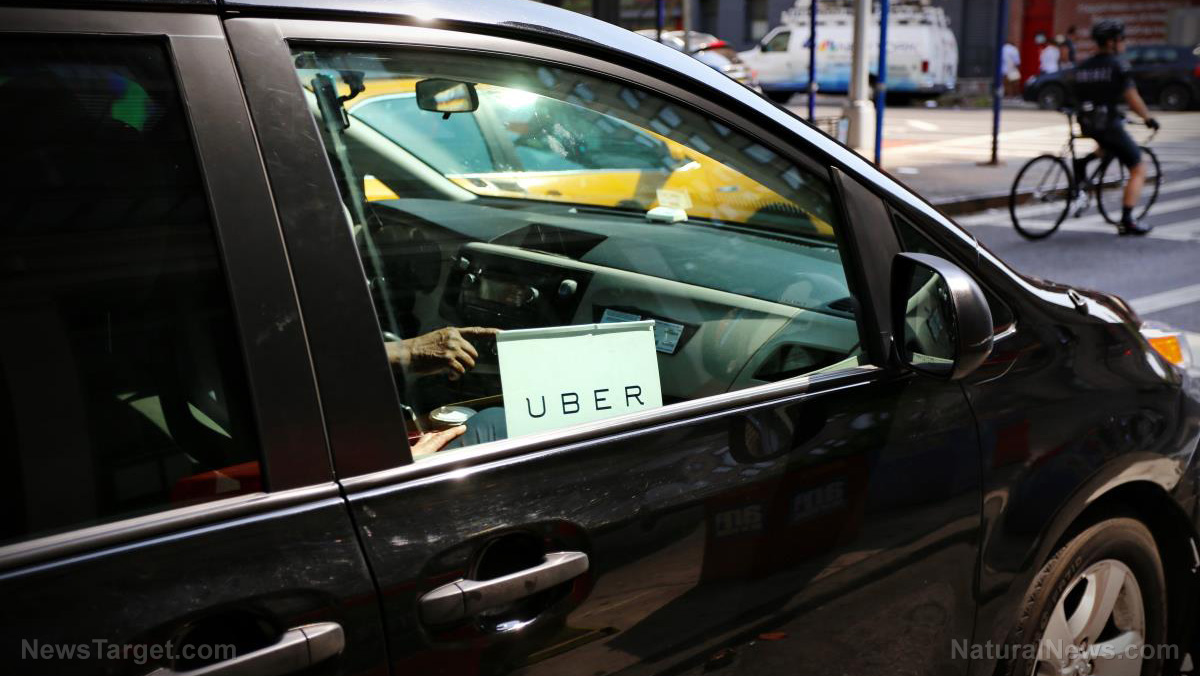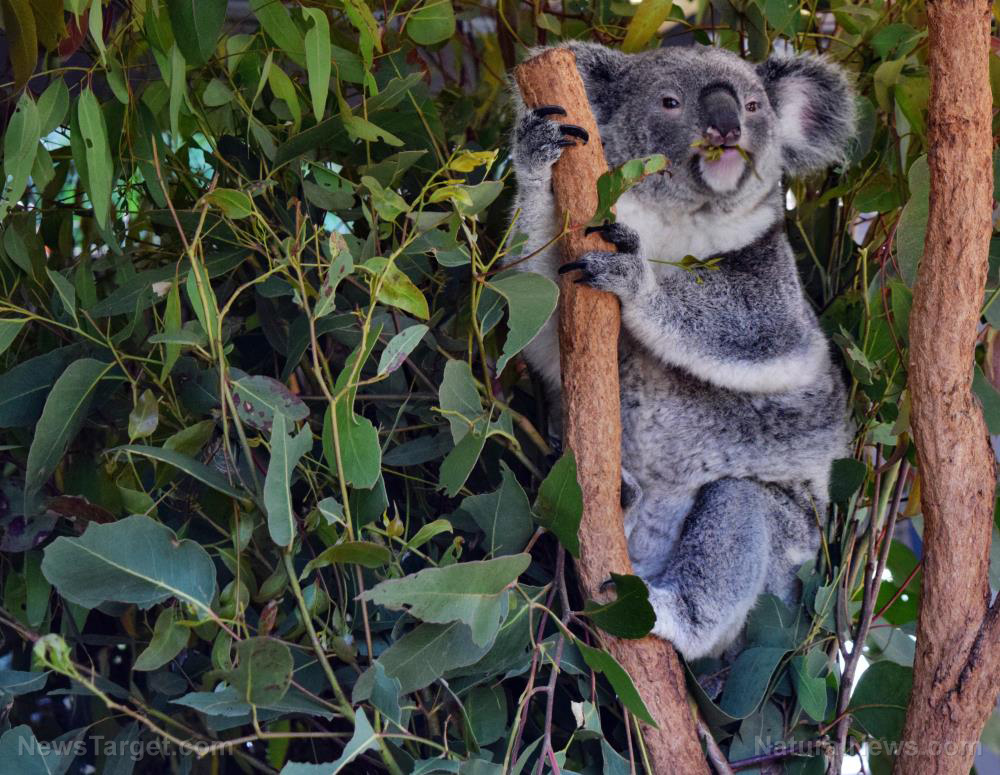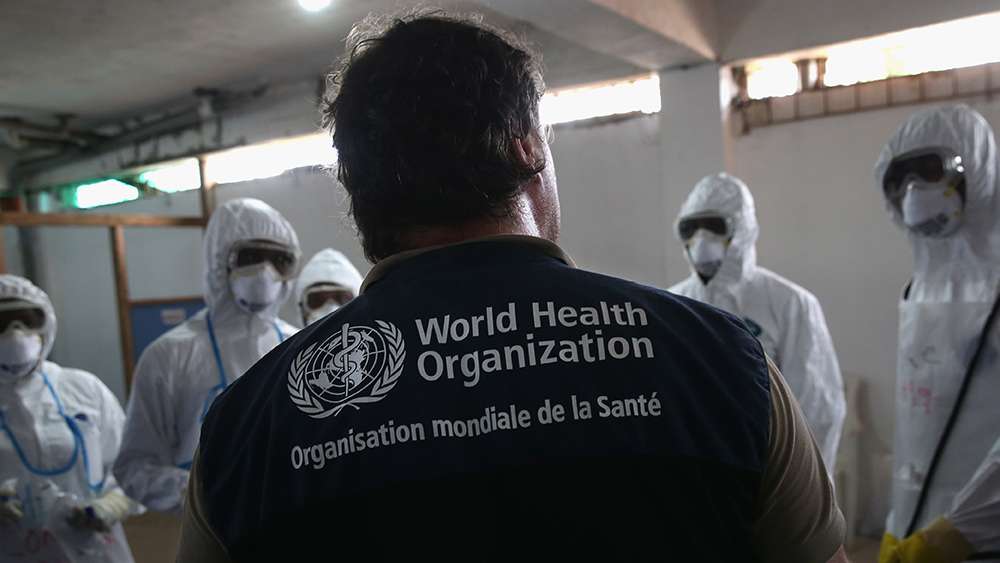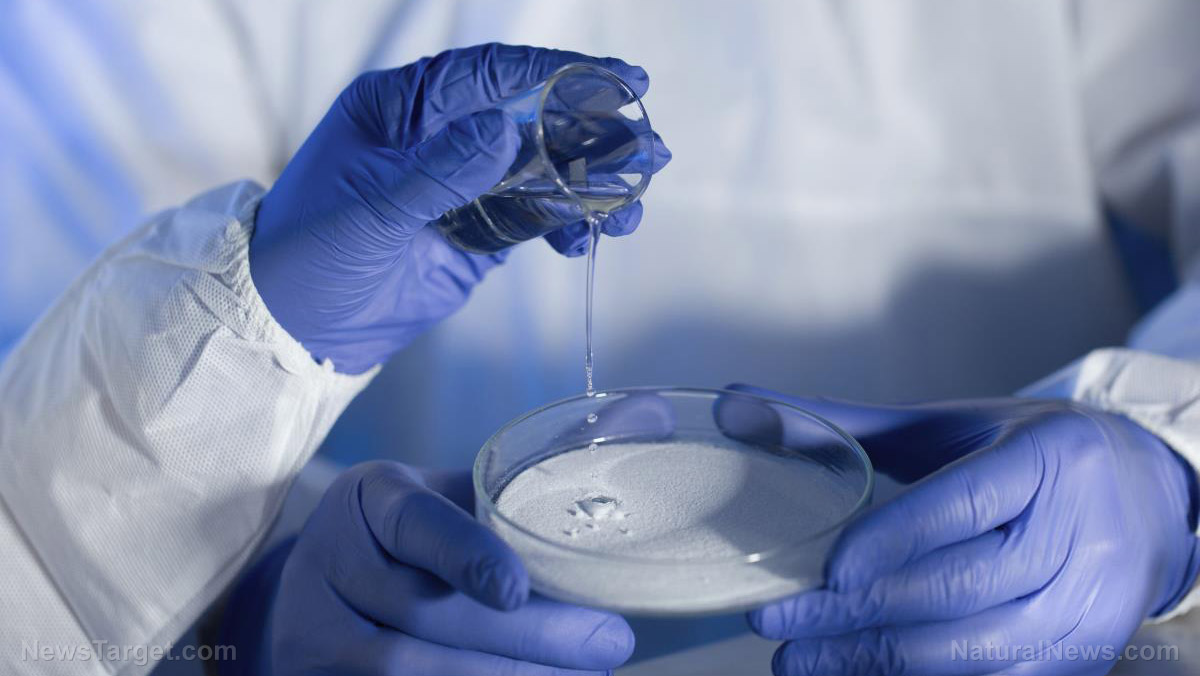Bill Gates: Africans need GENETICALLY MODIFIED seeds and chickens to fight “climate change”
11/30/2023 / By Olivia Cook

Technocrat and Microsoft co-founder Bill Gates has insisted that Africa needs genetically modified (GM) seeds and chickens to fight “climate change” and end hunger.
At the recently held Africa Climate Summit in the Kenyan capital Nairobi, Gates remarked in a pre-recorded speech: “I started work on climate over two decades ago after I left my full-time work at Microsoft. I was focusing on fighting poverty and diseases. When I visited Africa, I saw two things – first, was how climate is already affecting agricultural output.”
He noted how the continent is dependent on farming and, given Africa’s location near the equator, said the continent is “already experiencing more [climate change] damages than other countries.”
Gates then went on to describe his visit to a farm in eastern Kenya and a conversation he claimed to have with a farmer named “Mary” about how the new GMO seeds and new approaches were helping her.
“She had drought-tolerant seeds that made a very big difference. She also had chickens that were bred so that they could be more heat tolerant. And because of those new tools that were empowering her, she was expecting to do well despite the tough climate challenge that she faced.”
“This is just one example but by helping with better tools – allowing farmers like her who are very innovative to do new things – we can minimize these damages.”
In an article published in News Addicts, author Hunter Fielding pointed out that Kenyan farmer “Mary” was not featured in the footage that Gates provided and had shown in the climate summit. There were no details provided about the nature of the conversation or any evidence that the conversation took place at all, or whether “Mary” even existed.
Fielding cited a 2021 article published by Scientific American titled “Bill Gates should stop telling Africans what kind of agriculture Africans need.” It described why the Alliance for Food for Sovereignty in Africa (AFSA) – the largest social movement in the continent – was at odds with the Bill & Melinda Gates Foundation (BMGF) and the Cornell Alliance for Science for their “insistence that GM seeds were healthy, productive and environmentally friendly.”
Fielding also cited AFSA’s 2022 “Open letter” to Gates, challenging a number of inaccurate claims on the global state of agriculture and food security that were featured in the New York Times and in the Associated Press. “In both articles, you radically simplify complex issues in ways that justify your own approach and interventions,” he said. (Related: 50 Groups target Bill Gates on farming and technology: ‘You are part of creating the very problem you name.’)
“We, 50 organizations focused on food sovereignty and justice worldwide, want you to know there is no shortage of practical solutions and innovations by African farmers and organizations. We invite you to step back and learn from those on the ground.”
“Magic” seeds and heat-tolerant chickens
The BMGF has funded corn crop researchers in Africa for more than a decade and in its sixth annual 2022 Goalkeepers report touted the promise of what Bill Gates calls “magic” seeds to help alleviate world hunger.
The seeds aren’t “magic” but genetically modified organisms (GMOs), particularly the sequencing genomes of particular seeds that play a very big role in farming in Africa – to tackle climate change and a key to ending hunger in Africa.
Very thorough safety procedures are followed in changing the genes of particular plants to make seeds that are pest-resistant, drought-resistant and flood-resistant as the rains come at different times.
Gates said the technology “reduces the amount of pesticides needed, raises productivity and can help with malnutrition with vitamin fortification.” And, for Africa, “this is going to make a huge difference as they face climate change.”
In an interview with the Wall Street Journal’s Rebecca Blumstein, Gates said the foundation is quite focused on smallholder farmers because they are the “linchpin to the continent’s economic success.”
At the heart of Africa’s agriculture, which employs more than half of the continent’s workforce, are smallholder farmers, who own less than a hectare of land. Smallholder farmers make up 60 percent of the population in low-income African countries.
The World Poultry Foundation has received $26 million from the BMGF to expand the use of dual-purpose poultry – bred for both meat and eggs – and help countries, like Africa, where 70 percent of poultry farmers are composed of small-scale producers who raise traditional breeds that have high mortality rates, lower egg production and slower grow rates. (Related: Attack on food supply: Bill Gates pushing for genetic modification of farm animals.)
Chickens are bred “to look like familiar village birds” – making it more likely that villagers buy them. They are more resilient in harsh conditions and can be forage-fed to help small-scale producers avoid the expensive input costs of poultry feed.
Visit GMO.news for more stories about GM seeds and chickens in Africa.
Watch the following video to learn how GMOs will end starvation in Africa, according to Bill Gates.
This video is from the Daily Videos channel on Brighteon.com.
More related stories:
Dr. Jane Ruby STAT! Bill Gates is using his wealth to destroy humanity – Brighteon.TV.
Doctors warn about the “hidden harms” of bioengineered (GMO) “food.”
Sources include:
Submit a correction >>
Tagged Under:
Africa, agriculture, bill gates, biotechnology, clean food watch, climate change, crops, farming, Food Evolution, food supply, genetic lunacy, genetic modifications, globalist elites, GM chickens, GM seeds, GMO, green living, green tyranny, harvest, hunger, insanity, propaganda, science deception, science fraud, starvation
This article may contain statements that reflect the opinion of the author
RECENT NEWS & ARTICLES
COPYRIGHT © 2017 STUPID.NEWS
All content posted on this site is protected under Free Speech. Stupid.news is not responsible for content written by contributing authors. The information on this site is provided for educational and entertainment purposes only. It is not intended as a substitute for professional advice of any kind. Stupid.news assumes no responsibility for the use or misuse of this material. All trademarks, registered trademarks and service marks mentioned on this site are the property of their respective owners.



















